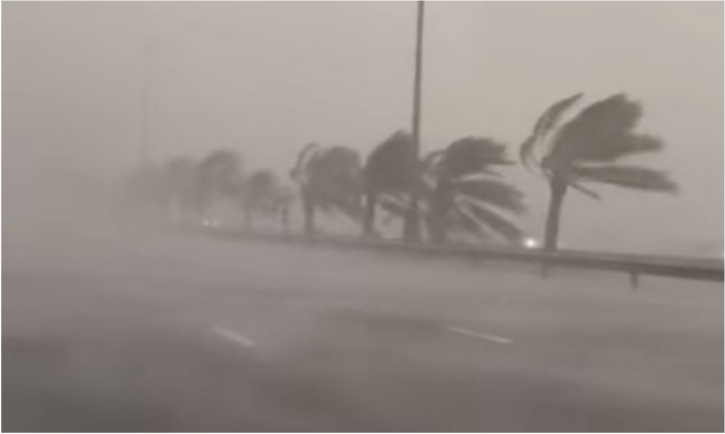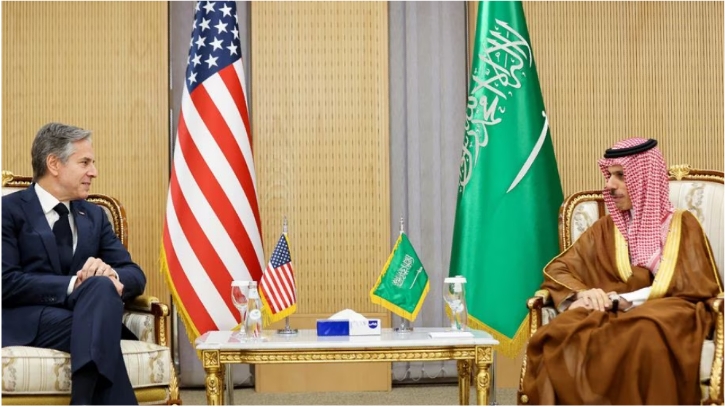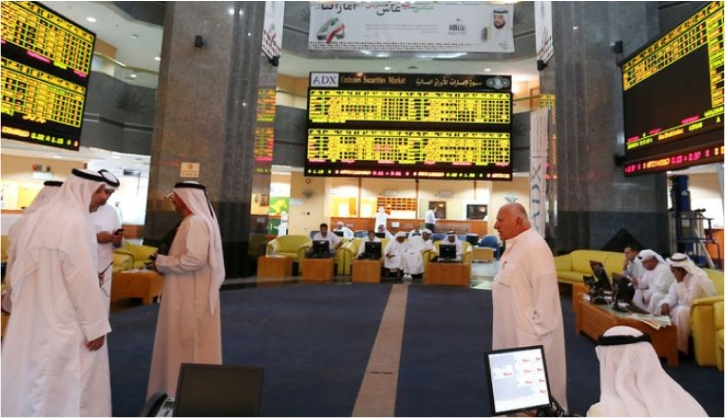Top diplomats from the Group of Seven wealthy democracies have gathered in the Japanese hot spring resort town of Karuizawa for two days of talks aimed at paving the way for action by G-7 leaders when they meet next month in Hiroshima. On the agenda are several issues of concern, including Russia’s war in Ukraine, China’s aggression towards Taiwan, North Korea’s missile tests, and the post-World War II rules-based international order.
The envoys have vowed to take a tough stance on China’s increasing threats to Taiwan and North Korea’s unchecked missile tests. They have also pledged to boost support for Ukraine and punish Russia for its invasion. The world is at a turning point on the fighting in Ukraine, and it must firmly reject unilateral attempts to change the status quo by force, and Russia’s aggression against Ukraine and its threats of the use of nuclear weapons.
Apart from the above-mentioned issues, the role of Japan, the only Asian member of the G-7, as the chairman of this year’s talks provides an opportunity to discuss coordinated action on China. The G-7 leaders and foreign ministers have recently concluded visits to China, and the diplomats in Karuizawa are expected to discuss their impressions of where the Chinese stand on numerous issues, including the war in Ukraine, North Korea, and Taiwan.
China’s recent aggressive stance in Northeast Asia, including its threats to Taiwan, the self-governing democracy that Beijing claims as its own, has raised concerns among G-7 nations. China has also been rapidly adding nuclear warheads, taking a tougher line on its claim to the South China Sea, and painting a scenario of impending confrontation.
At a private working dinner on Sunday night, which was the diplomats’ first formal meeting, Japanese Foreign Minister Yoshimasa Hayashi urged continued dialogue with China on the many global challenges where participation from Beijing is seen as crucial. He also emphasized the need for outside nations to continue “building a constructive and stable relationship while also directly expressing our concerns and calling for China to act as a responsible member of the international community.”
Despite indications, notably comments from French President Emmanuel Macron, that the G-7 is split over China, the senior U.S. official said there is shared worry among G-7 nations over China’s actions. The official added that the foreign ministers would be discussing how to continue a coordinated approach to China.
The G-7 foreign ministers’ meeting in Japan comes at a crucial moment in the world’s response to Russia’s invasion of Ukraine and efforts to deal with China. The G-7 nations regard these issues as potent challenges to the post-World War II rules-based international order.
The world is at a turning point on the fighting in Ukraine, and the G-7 nations must firmly reject unilateral attempts to change the status quo by force and Russia’s aggression against Ukraine and its threats of the use of nuclear weapons, Japanese Foreign Minister Yoshimasa Hayashi said.
For the American delegation, the meeting comes at a crucial moment in the world’s response to Russia’s invasion of Ukraine and efforts to deal with China, two issues that G-7 ministers from Japan, the United States, the United Kingdom, France, Germany, Canada, Italy and the European Union regard as potent challenges to the post-World War II rules-based international order.
A senior U.S. official traveling with U.S. Secretary of State Antony Blinken told reporters that the Biden administration’s goal for the talks is to shore up support for Ukraine, including a major initiative on Ukraine’s energy infrastructure launched at last year’s G-7 gatherings in Germany, as well as to ensure the continued provision of military assistance to Kyiv. Ramping up punishment against Russia for the conflict, particularly through economic and financial sanctions that were first threatened by the G-7 in December 2021 before the invasion, will also be a priority, the official said.
Ukraine faces an important moment in the coming weeks, with Russia’s current offensive largely stalled and Ukraine preparing a counter-offensive. The U.S. official said there would be a discussion about ways to deepen support for Ukraine’s long-term defense and deterrence capabilities, which might also improve Kyiv’s position for potential negotiations that could end the conflict on its terms.















